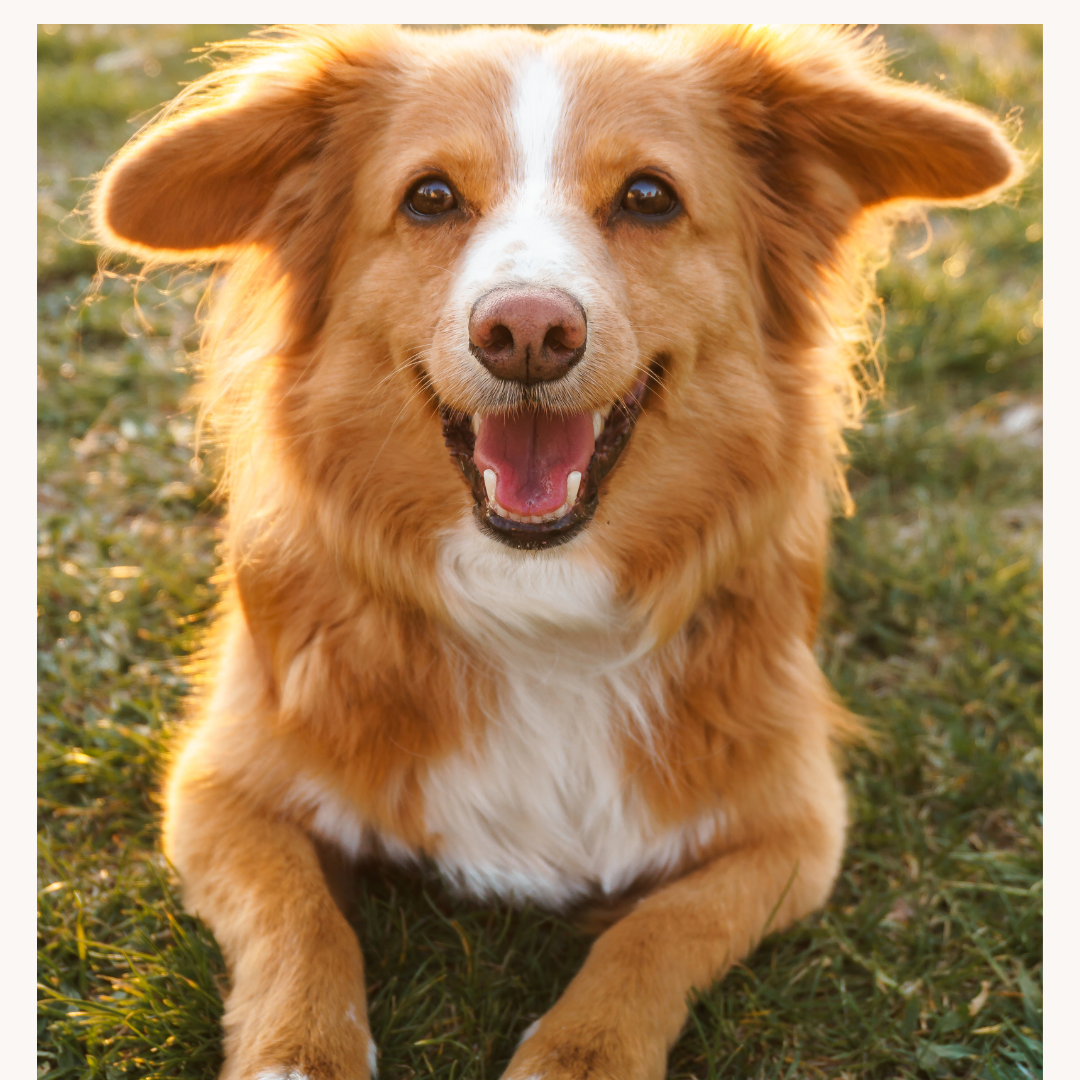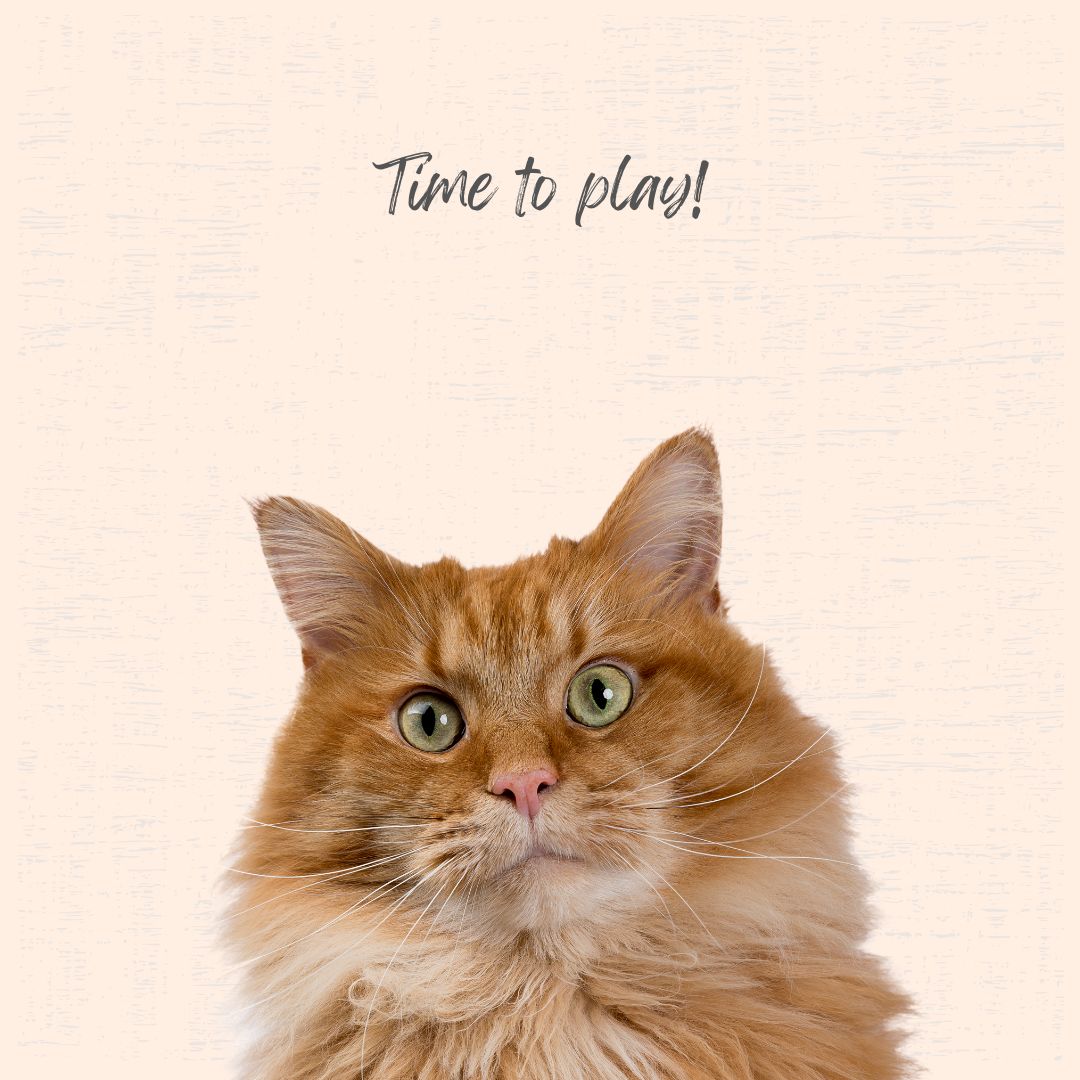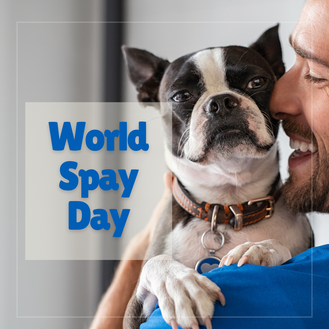 April 8th is National Dog Fighting Awareness Day. This day is a time to raise awareness about the cruel and barbaric practice of dog fighting. Dog fighting is a blood sport in which dogs are forced to fight each other to the death. It is a cruel and illegal activity that causes immense suffering to dogs. The History of Dog Fighting Dog fighting has a long and bloody history. It is thought to have originated in ancient Egypt and Mesopotamia. Dog fighting was also popular in England during the 18th and 19th centuries. In the United States, dog fighting became popular in the early 20th century. The Cruelty of Dog Fighting Dog fighting is a cruel and barbaric activity. Dogs used in dog fighting are often subjected to severe abuse. They are kept in small, cramped cages and are often beaten, starved, and tortured. Dogs that are not killed in the ring are often killed later by their owners. The Illegal Status of Dog Fighting Dog fighting is illegal in all 50 states and the District of Columbia. It is also a federal crime. The penalties for dog fighting vary from state to state, but they can include fines, imprisonment, and the forfeiture of dogs. How to Spot a Dog Fighting Operation Dog fighting is a secretive activity, but there are some signs that may indicate that dog fighting is taking place. Here are a few things to look for: People gathering in secluded areas with dogs. Dogs that are chained or penned up outside. Dogs that have scars or injuries. The sound of dogs barking or fighting. If you see any of these signs, it is important to report it to the authorities. Dog fighting is a serious crime, and it is important to help stop it. Here are some additional tips for reporting dog fighting: Be specific. When you report dog fighting, be as specific as possible about what you saw. This includes the location, the time of day, and the number of people and dogs involved. Get evidence. If possible, try to get evidence of dog fighting. This could include photos, videos, or witness statements. Be persistent. If you don't get a response from the authorities right away, don't give up. Keep reporting dog fighting until it is stopped. By working together, we can help to stop dog fighting and protect dogs from this cruel and illegal activity. What You Can Do to Help There are many things you can do to help raise awareness about dog fighting and to help stop this cruel activity. Here are a few ideas: Educate yourself about dog fighting. The more you know about dog fighting, the more likely you are to speak out against it. Talk to your friends and family about dog fighting. Let them know about the cruelty of this activity and the fact that it is illegal. Support organizations that are working to stop dog fighting. There are many organizations that are working to stop dog fighting. You can support these organizations by donating money or volunteering your time. Report suspected dog fighting to the authorities. If you suspect that someone is involved in dog fighting, report it to the police or animal control. National Dog Fighting Awareness Day is a time to raise awareness about the cruelty of dog fighting and to call for an end to this barbaric activity. By working together, we can make a difference and help to protect dogs from this cruel and illegal activity.
0 Comments
 Step into the awesome playground, where playful cats and pocket-friendly crafting collide! If you have shared time with a cat you and I can agree that they are the most enigmatic and amusing beings. We can buy expensive gifts/gadgets and of course, they will prefer to play with the box. Ha! In this blog post, we'll delve into the world of DIY cat toys, Say goodbye to the disappointment of ignored store-bought toys and hello to the joy of watching your cat play with enthusiasm. Join us on this creative journey last updated on November 8, 2019, as we explore the simplicity and charm of homemade cat toys that are practically free! 1 Feathers and corks This delightful creation combines the elegance of feathers with the charm of wine corks, resulting in a simple yet enchanting plaything for your curious and playful cat. Materials:
Instructions: Using the screwdriver, make a hole in the middle of the wine corks, about half way down the corks. Add some hot glue into the hole in the corks and stick in the feathers into the whole, by the stems. Allow drying for a few minutes. 2 Tassel Cork Toy and Dangling Cat Toy: Ready to add an extra dash of excitement to your cat's playtime? We've got you covered with two delightful DIY cat toys – the Tassel Cork Toy and the Dangling Cat Toy. Both are easy to make, cost next to nothing, and promise hours of entertainment for your furry friends. 3 Toilet paper roll toys Create a simple and entertaining DIY cat toy using an old toilet paper roll. Your furry friend will have hours of fun with this cost-effective and easy-to-make plaything. For an extra touch, consider stuffing treats inside and folding the sides for an engaging surprise. This delightful idea provides both mental and physical stimulation for your cat, ensuring a purr-fectly enjoyable playtime. 4 Pinball box: Cat Edition Take two things cats love — toilet paper rolls and boxes — and fashion them into a toy. But this is not just any cat toy. Add pipe-cleaners, a cardboard egg carton, and a few balls and you have what looks like a kitty pinball machine. 5 Cat scratcher/lounger Cats not only love to scratch for fun but also to stretch their muscles and keep their claws healthy. This DIY combo serves as both a playful toy and a wellness retreat for your furry friend! Materials: Cardboard sheets or recycled boxes Craft knife or scissors Non-toxic glue Ruler Optional: Catnip spray or loose catnip Instructions: Cut and Shape: Trim cardboard to your preferred size. Cut a curve for the lounger and make vertical cuts for the scratching surface. Assemble: Apply glue, fold, and secure the lounger. Layer cardboard for sturdiness. Optional Catnip Boost: Spray catnip or sprinkle it over the scratching surface for added appeal. Dry: Let the combo dry completely. Present to Your Cat: Place the DIY cat scratcher/lounger in your cat's favorite spot. As we conclude this journey into DIY cat toys, let's revel in the joy of crafting toys that truly engage our cats. Say farewell to the ordinary and embrace the magic of watching your cat play with enthusiasm. Join us in this realm of creativity, where simplicity meets satisfaction, and each playtime is a symphony of purrs and happiness. At Hug A Love Pet Sitting, we shower our furry clients with love and care, and that extends beyond their playtime with us. We're proud to celebrate Spay Day, happening on the last Tuesday of February, and advocate for responsible pet ownership through spaying and neutering.
Why Spay Day Matters: Spay Day isn't just a calendar date; it's a global movement raising awareness about the crucial role spaying and neutering play in:
Beyond providing loving pet sitting services, we're passionate advocates for responsible pet ownership. We encourage our clients to consider the numerous benefits of spaying and neutering their beloved companions. Join the Movement: Let's work together to build a brighter future for pets:
The purrfect world? Not always for our furry friends. While the internet explodes with adorable cat videos, the reality of feline life isn't always sunshine and cuddles. Just like humans, cats can experience bullying, and the consequences can be far-reaching. Today, we step into the paws of the underdog, exploring the often-overlooked issue of cat bullying and how to create a haven of harmony for our feline companions.
Recognizing the Signs of Bullying Tim, your timid tabby, cowers in the corner while the neighborhood bruiser, Hari, hogs the food bowl. Sound familiar? Bullying among cats, though often subtle, can manifest in various ways. Keep an eye out for these red flags: Physical Aggression: Chasing, swatting, biting, or hissing, especially when the target cat is eating, using the litter box, or trying to relax. Dominant Behavior: Blocking access to resources like food, water, or resting spots, stalking the other cat, and staring them down with narrowed eyes. Stressful Reactions: The bullied cat may exhibit anxiety or fear, such as hiding, trembling, excessive vocalization (hissing, yowling), or changes in appetite and litter box usage. But why my cat is being bullied? There could be a few reasons for the feline drama. Some cats just have a knack for being a bit bossy – it's in their nature. Adding a new cat to the mix is like introducing a surprise character in their favorite TV show; things might get a bit tense until they all find their groove. Stress is another player in this kitty play – changes in their territory, meeting new pals, or even a noisy vacuum can make them a tad grumpy. Additionally, if a cat is unwell or in pain due to an underlying medical issue, it might make them more irritable and susceptible to bullying. Understanding these potential reasons allows us to address the issue and create a supportive environment for our cats. Steps to Stop the Bullying Play Detective: Observe your cats' interactions to identify the bully and the target. Understanding the dynamic is key to addressing the issue. Create Safe Havens: Provide separate areas for each cat to eat, sleep, and use the litter box. Vertical spaces like cat trees can offer escape routes for the bullied cat. Playtime for All: Engage both cats in individual and interactive play sessions to release energy and build positive associations. At Hug A Love Pet Sitting, our pet sitters act as mediators, adept at resolving disputes and implementing behavioral changes. With their experience in managing diverse feline personalities, they possess effective strategies for addressing specific issues and fostering a healthier living environment. If necessary, our pet sitters may recommend seeking professional help, collaborating with veterinarians or animal behaviorists to create a holistic strategy for preventing and addressing bullying behavior. Remember, early intervention is crucial! By recognizing the signs of bullying and taking proactive steps, you can create a safe and happy environment for all your feline companions. Let's turn those hisses into purrs and build a world where every cat, from the timid tabby to the playful Persian, can thrive. Written and shared by Beth Friedman of Canine Companion Consulting
Why do we use leashes? Mainly, it is because they are required by law in most places and are used for safety. Often the leash is also used for control. We like to think of the leash as like a seat belt, used for safety and not for control. You hope you won’t need it but it is there to protect you and your dog if you do need it. If we teach our canine companions how to walk on a loose leash and to respond to our voice, rather than a tug on the leash, the leash becomes just a safety device. At first, some people have difficulty seeing themselves and their dog getting from where they are now, to having a loose leash and working more as a team with their dog. With some patience and training change does happen. A wonderful illustration of this concept is described in the graphic below by Lilly Chin. If we can teach a whale to pee in a cup, a sea otter to go to his crate, a rhino to smile for teeth-brushing; without force or control, then we should also be able to teach a dog to walk politely on a loose leash without force or punishment. By the way, thinking about leashes, if you like to read and would like to better understand canine behavior, The Other End of the Leash by Patricia McConnell is great book that is very informative and an easy read. Leash Reactive Dogs Leash Reactivity is one of the most common concerns we get called about. When I say leash reactivity, I am defining it as a dog that barks and lunges while on leash. There are three things you can do to prevent this, as well as help your canine companion do better on a walk. First, and most importantly, teach your dog to walk on a loose leash. This teamwork is so crucial to helping your dog not have bad feelings on a walk. Loose leash walking, to us, isn’t about control but is about working together. Second, sniffing is so important to dogs for enrichment so let them sniff and perhaps even direct the walk, at times. Third, use the right gear for walking; The tools matter. Don’t use tools that will cause pain such as a prong, shock, or choke collar as the fallout may increase the behaviors you are trying to extinguish. A leash with some length and a good harness are the ideal tools for good, loose leash walking. These three tips won’t help every dog in every situation but they will go a long way to having a peaceful walk for most dogs. If you need more assistance in this area, we have an on- demand webinar or are available to conduct private sessions to help you and your dog get on the right track The use of cannabis in animals, especially in pets like dogs, is a topic that requires caution and
consideration. Cannabis contains THC (tetrahydrocannabinol), which is a psychoactive compound, and it can have different effects on animals than on humans. In general, it's important to note that the ingestion of cannabis can be harmful to pets. Dogs, for example, are known to be sensitive to THC, and ingestion can lead to symptoms like lethargy, incoordination, vomiting, dilated pupils, elevated heart rate, tremors, and in severe cases, seizures. If you suspect that your pet has ingested cannabis or shows any of these symptoms, it's crucial to seek veterinary attention promptly. Be honest with your veterinarian about what your dog may have ingested, as it helps them provide the appropriate treatment. It is important to keep all cannabis products, including edibles, out of reach of pets. Additionally, be cautious about exposing pets to secondhand smoke as well. Research on the use of cannabis and CBD in animals is ongoing, and some pet owners may explore CBD products that are specifically formulated for pets. However, it's essential to consult with a veterinarian before giving any cannabis-related products to your pets to ensure their safety and well-being. Pet sitting isn't just a service; it's an enriching experience that connects humans with their furry companions. Whether it's a weekend getaway, a business trip, or a well-deserved vacation, pet sitting provides a loving and reliable alternative to traditional boarding facilities. 1. The Trusted Companion: Pet sitting goes beyond the basic responsibilities of feeding and walking. It's about being a trusted companion for your pets. Establishing a bond with pets is essential for their well-being and helps ease any anxiety they might feel in their owner's absence. As a pet sitter, creating a comfortable and secure environment is key to fostering this trust. 2. Tailored Care for Every Pet: One of the beauties of pet sitting is the personalized care each animal receives. Whether you're tending to a playful pup, a regal cat, or a chirpy bird, understanding each pet's unique needs and quirks is crucial. From administering medication to indulging in a favorite playtime activity, the level of attention and care provided is tailored to the individual pet. 3. Home Sweet Home: Unlike traditional boarding facilities, pet sitting often takes place in the pet's own home. This not only reduces stress for the pet but also provides added security for the homeowner. The familiar sights, smells, and routines help pets feel at ease, minimizing the disruption caused by their owner's absence. 4. The Professional Pet Sitter: Pet sitting isn't just for animal lovers; it's a profession that requires dedication, responsibility, and a genuine passion for the well-being of animals. Professional pet sitters undergo training to handle various situations, from administering first aid to recognizing signs of distress. Their commitment ensures that pet owners can relax knowing their pets are in capable hands. 5. Building Connections: Beyond the animals, pet sitting allows for the creation of meaningful connections with both pets and their owners. As a pet sitter, you become part of a larger community of people who prioritize the happiness and health of their furry family members. Sharing updates, photos, and anecdotes with pet owners helps foster a sense of trust and camaraderie. Pet sitting for us at Hug A Love is more than just a service; it's a fulfilling and rewarding adventure that bridges the gap between pet owners and their beloved companions. The joy of building trust, providing personalized care, and creating lasting connections makes our pet sitting a truly paws-itive experience for all involved. Whether you're a pet owner seeking reliable care or considering a career in pet sitting, the world of furry friendships awaits you.
Embracing Automation for Time-Saving Convenience In today's fast-paced world, where time is a precious commodity, pet owners are increasingly turning to automated solutions to streamline their pet care routines. From automatic feeders and fountains to self-cleaning litter boxes, these innovative devices offer the promise of more time and less hassle. However, it's crucial to understand that while automation can significantly ease the burden of pet care, these devices still require maintenance to ensure the well-being of your furry friends. Even though automated feeders are a nice convenience for our busy schedules. They still need to be maintained and refilled. Regular cleaning needs to happen as the feeders can start to build up a lot of bacteria. Another importance is portion control and scheduled feeding for pets’ health. Not to mention having the feeders checked regularly to ensure they are functioning correctly. Automated water fountains are also great to have. Having water readily available, encourages proper hydration. The downfall is the potential health risks associated with stagnant water bowls. So, most definitely it is necessary to change the water filters and replace water regularly to maintain water quality. As a cat owner, wouldn’t it be a dream to have a self-cleaning litter box? I would say this is probably the worst part of being a cat owner, is having to clean the litter box. It is very important though to your cat’s health and well-being to have a clean litter box. Maintaining the odor is essential. Investing in a self-cleaning litter box will save the dreaded job of doing the cleanup and time-saving. Although, you should not rely on the self-cleaner 100 percent. With today’s technology, we have the opportunity to be at work or away from home and be able to check on our pets. Having a pet camera gives you peace of mind to do remote monitoring to see what your pet is up to. But very important to check camera functionality, Wi-Fi connectivity, clean lenses for clear visuals, and replace batteries. Not to mention how important it is still to have physical contact with a pet sitter if away for long periods. Our felines are independent animals but still can cause trouble and require pet sitters and owners for caretaking. There is now freedom and responsibility for automated pet doors and GPS trackers for outdoor activities. You should need to consider the safety and potential risks of having these and making sure you are doing regular monitoring and maintenance to address any malfunctions or issues. While automated pet care devices undoubtedly offer a valuable reprieve for busy pet owners, it's crucial to recognize that they are not entirely maintenance-free. Responsible ownership involves regular checks, cleanings, and upkeep of these devices to ensure they function correctly and contribute positively to your pet's well-being. By embracing automation with a commitment to maintenance, pet owners can strike a balance between time-saving convenience and attentive care for their beloved companions. It's not just humans who are gearing up for New Year's celebrations. Feline enthusiasts around the globe have designated a special day to honor our furry friends – Happy Mew Year for Cats Day! This unique celebration puts the spotlight on the delightful companionship that cats bring into our lives. So, let's dive into the festivities and explore how to make this day a purr-fectly memorable for our whiskered companions. 1. Festive Decorations for the Feline Kingdom: Transform your home into a feline paradise with cat-friendly decorations. Think catnip-filled balloons, cozy blankets, and a dazzling array of interactive toys. Create a comfortable and safe space where your cat can join the festivities or relax in solitude. 2. Catnip Extravaganza: Catnip is the life of the party for our furry friends. Arrange a catnip-themed play area with toys infused with this magical herb. Watch as your cat revels in the joy of catnip-induced playfulness. Remember to capture those adorable moments on camera for a delightful keepsake. 3. Gourmet Delights for Discerning Palates: Treat your feline royalty to a special feast. Explore gourmet cat treats and perhaps even prepare a homemade cat-friendly delicacy. Pay attention to your cat's favorite flavors and textures to ensure a gastronomic delight. Don't forget to have a few treats for yourself – after all, it's a celebration for everyone! 4. Interactive Playtime: Set aside quality playtime with your cat. Whether it's engaging in a game of chase, tossing around a feathered wand, or introducing a new puzzle toy, interactive play is a wonderful way to strengthen your bond with your feline friend. Plus, it keeps them mentally stimulated and physically active. 5. Cozy Movie Night: Create a cozy movie night setup for you and your cat. Choose cat-friendly videos or documentaries that showcase the beauty and charm of cats. Share some snuggles and treats while enjoying a relaxing evening in each other's company. 6. Reflect and Set Intentions: Take a moment to reflect on the past year with your feline companion by your side. Share your resolutions and intentions for the upcoming year, and maybe even set a few for your cat – perhaps more playtime or new toys to explore. It's a delightful way to bond and communicate with your feline friend. Happy Mew Year for Cats Day is a wonderful occasion to express gratitude for the joy and companionship our feline friends bring into our lives. Whether you're engaging in playful activities, sharing a special meal, or simply basking in each other's company, make this day a celebration of the unique bond between humans and their purr-fect companions. Cheers to a year filled with love, laughter, and endless purrs! As we bid farewell to another year and eagerly welcome 2024, it's the perfect time to reflect on the past and set new resolutions. While we make promises to ourselves, let's not forget our faithful companions who bring joy, laughter, and unconditional love into our lives – our beloved pets. Join us in this special New Year's blog as we explore ways to make 2024 an extraordinary year for you and your furry friends.
|
|




